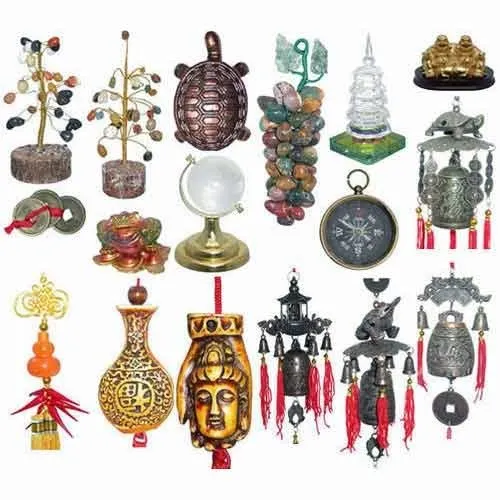Feng Shui is an ancient Chinese tradition that helps establish a positive environment. It encourages using special items to attract prosperity, good luck, abundance, and happiness. The use of different colors, arrangement of furniture, and building structures are also important in Feng Shui. This practice formed an integral part of ancient Chinese culture and is still followed by the community today. Interestingly, over time, the ancient Chinese custom has gained worldwide popularity. Feng Shui items are in demand globally. People living in different parts of the world have started following this ancient art. Many people have seen positive changes in their lives after adopting the practices of Fengshui.

What is Feng Shui and where did it originate?
The word Feng means wind and shui means water. The word Feng Shui is translated as “the way of wind and water”. Fengshui has been used to design Chinese homes and villages for over four millennia, although its roots are unknown. The ancient Chinese practice may have its origins in early Taoism. Evidence suggests that the Chinese have been following Fengshui principles to design their homes for over 4000 years. It is observed that cemeteries in many ancient Chinese cities follow the placement suggested in Feng Shui. This was done to drive away the negative energy from those places.
How does the concept of Feng Shui Home work?
Taoists strongly believe in the power of chi which means that the life force is an integral part of everything in the world. Chi is said to be made up of two elements – yin and yang. Fengshui home mainly involves balancing these two elements to attract peace, joy, and success.
The practice of Feng Shui balances yin and yang and improves qi or chi by arranging home decor items, furniture, buildings, and even towns and cities to improve relationships, health, and fortune.
Fengshui principles are concerned with the correct placement of things as chi enters and leaves through doorways and windows. Adding or moving any of the five elements – wood, water, earth, fire, and metal – in a feng shui home changes the flow of positive energy. Feng Shui experts suggest that blending or eliminating these elements according to one’s aspirations will provide a rapid boost of positive Chi.

How to balance yin and yang?
Fengshui encourages balancing yin and yang. This is done by arranging furniture, decorative items, and even buildings in a particular way. In ancient times, entire villages and towns in China were designed with Feng Shui principles in mind. This helped in maintaining peace and harmony in the community apart from promoting prosperity.
Fengshui places a lot of importance on understanding which objects should be placed near doors and windows and which away. This is because chi energy is believed to enter and leave these spaces. To balance yin and yang, attention must be paid to the five elements – wood, water, earth, fire, and metal. Adding, removing, or relocating these elements to a room or home can change its feng shui. The right combination of these five elements enables the flow of positive energy in a Feng Shui home.
Many special Fengshui home accessories help balance the energy of space when placed appropriately. Some trendy ones are:
- Laughing buddha
- Lucky Bamboo
- Feng shui tortoise
- Three legged frog
- Evil eye charm
- Feng shui coins
- Mandarin Duck
- Rhinestone lotus
- Chrysanthemum flower
- Abacus

